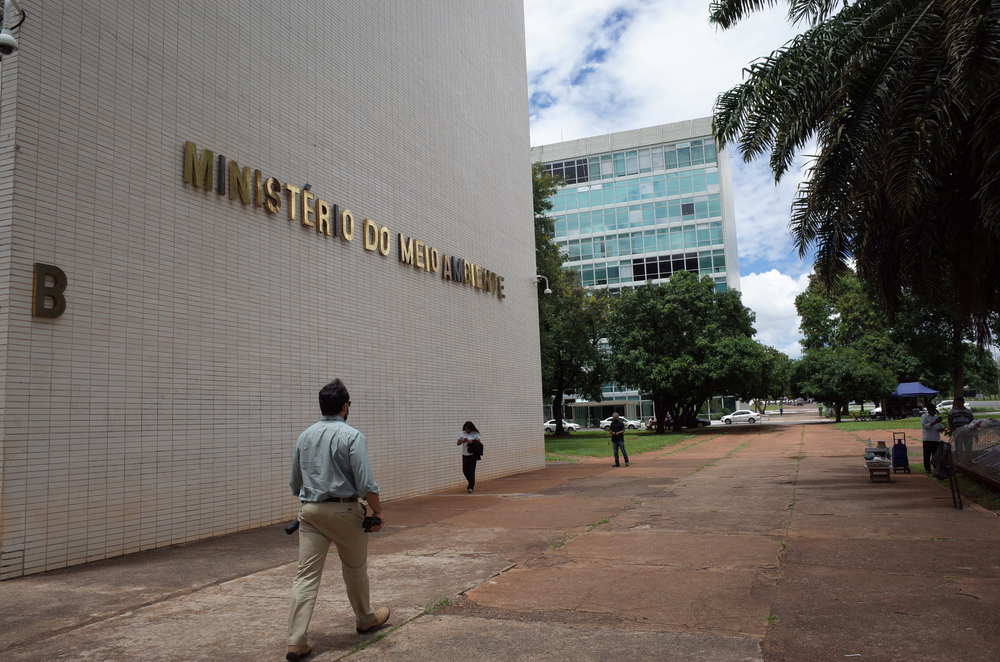A report by the Federal Accounts Court found that the weakening of federal environment agency Ibama during the Jair Bolsonaro administration has increased the risk of impunity for environmental crimes by failing to impose fines.
After Mr. Bolsonaro took office in 2019, his administration created new rules to allegedly speed up the process of environmental inspections, by allowing a conciliation process to take place before imposing fines.
However, a report published last week says “in 2019 and 2020, there were practically no conciliation hearings. In 2019, this was due to the absence of complementary regulations. In 2020, only five hearings were held, in February, as ‘pilots’ to test” the newly-created rules.
Ibama told the accounts court that the pandemic had made it impossible to hold further hearings in 2020, given that its employees began working remotely and the institution was not prepared to hold these hearings virtually. In 2021, 1,103 hearings were held.
The report also shows a decrease in the number of environmental inspections and the proportion of which go to trial. In 2019, the first year of the Bolsonaro administration, for every 100 cases opened against transgressors, some 96 were brought to trial. In 2021, that ratio dropped to 37 percent.
The Federal Accounts Court assigns at least part of this decrease in efficiency to another change in the rules. Previously, three different authorities could judge the fines, but in 2020 “the [Ibama] state superintendent became the only competent authority (…) which represented a drastic reduction in the operational capacity for this activity.”
Ibama also informed the court that it sets no goals for each superintendency. The report recommends that the agency adopt “definitions of expected results”.
The current rules increase the risk of impunity by making it more likely that unenforced fines reach the statute of limitations.
Back in May, The Brazilian Report showed that tens of thousands of environmental fines are set to expire this year. Data from protection agencies shows that the government would need ten times more workers to properly enforce environmental controls.


 Search
Search






































